The second panel discussion at the Central European Summit explored the pros and cons of the European Union from the perspective of countries that joined twenty-one years ago, and one that's been waiting for twenty long years for accession.
For a long time, European politics was based on the conservative-leftist divide, but today, the central conflict lies between sovereigntists and federalists, MEP Erno Schaller-Baross pointed out.
– “Theability to travel freely across Europe was the greatest gift we could receive after the fall of the Iron Curtain—we were able to work, travel, and trade in each other’s countries,” the politician recalled.
– Today, however, Schengen is dying before our own eyes, and border controls are being reinstated in more and more places, he warned.
– “The EU’s cohesion policy is not just about handing out free money. We opened up our markets to stronger Western European competitors, and back then, it was a win-win situation for both sides. Now, however, they are trying to force various policy agendas on us through cohesion funds,” Mr. Schaller-Baross emphasized.
Branko Grims, a Slovenian MEP, discussed the European Green Deal, which he likened to a watermelon. As he put it, the program is green only on the outside but red on the inside.
– “The countries that joined in 2004 had great expectations for the EU, but they have since experienced its downsides as well,” he noted.
– “Those who try to force gender ideology on children should be brought before a court,” he argued. “And mass migration is endangering Europe’s Christian roots,” he added.
– “There is nothing merit-based about the EU accession process,” Ivica Bocevski, North Macedonia’s former European Affairs Minister stated. He was referring not only to the fact that his country has held candidate status since December 2005 — for nearly twenty years — with no end in sight, but also to the fact that Ukraine received candidate status before Bosnia, which is ahead of it in every regard.
We are not blindly devoted to the EU. We are Macedonians, but we are Europeans too,
– the former minister emphasized.
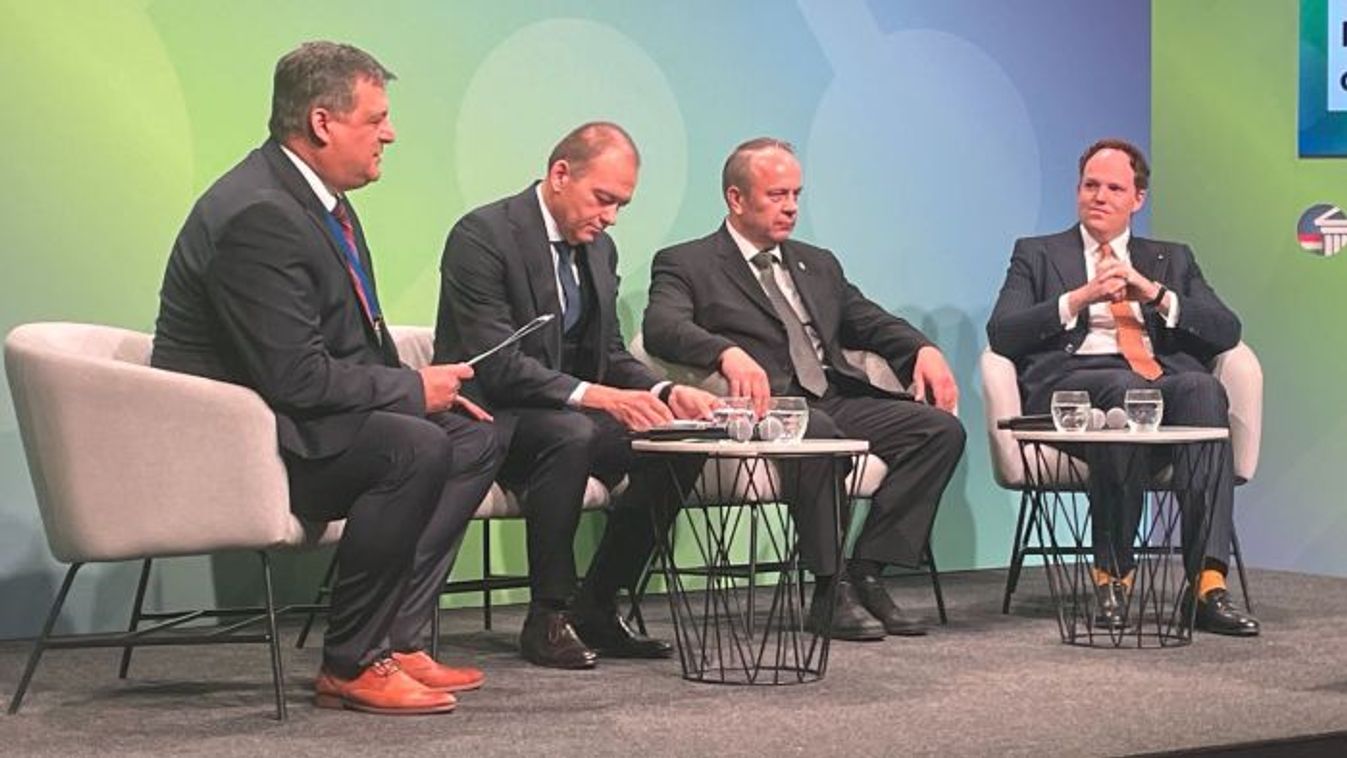
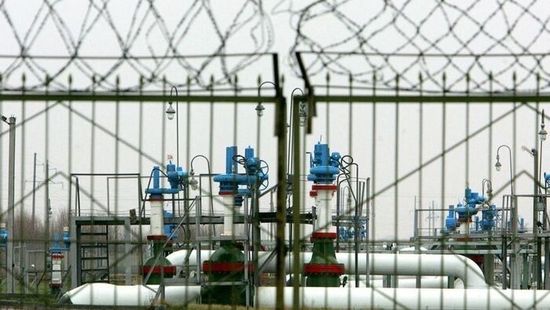
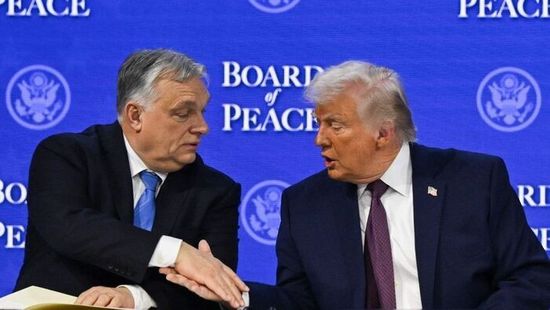
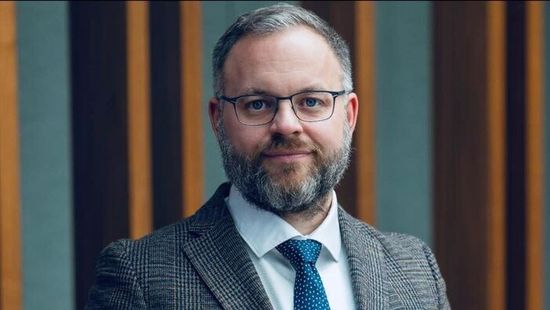
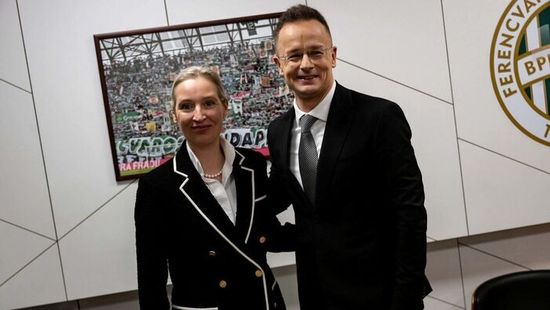

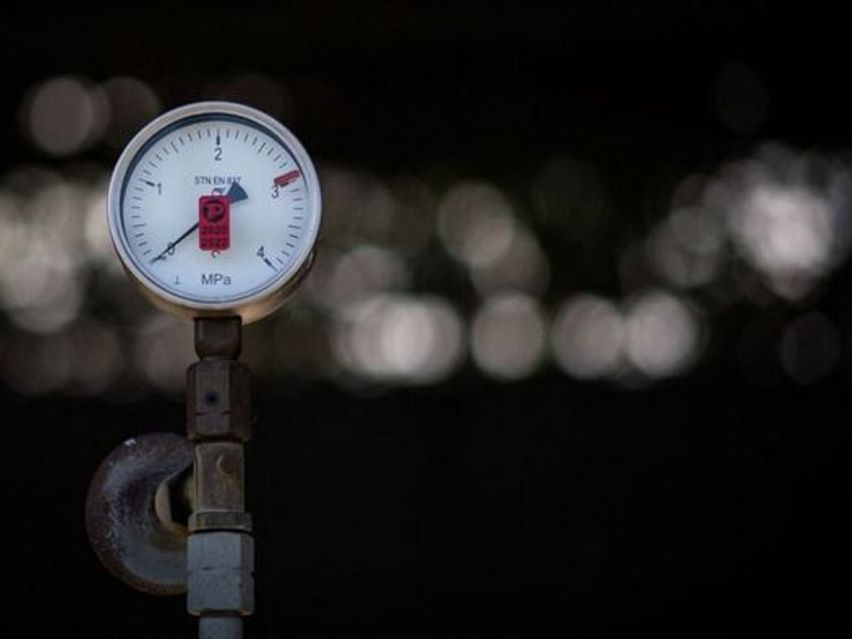
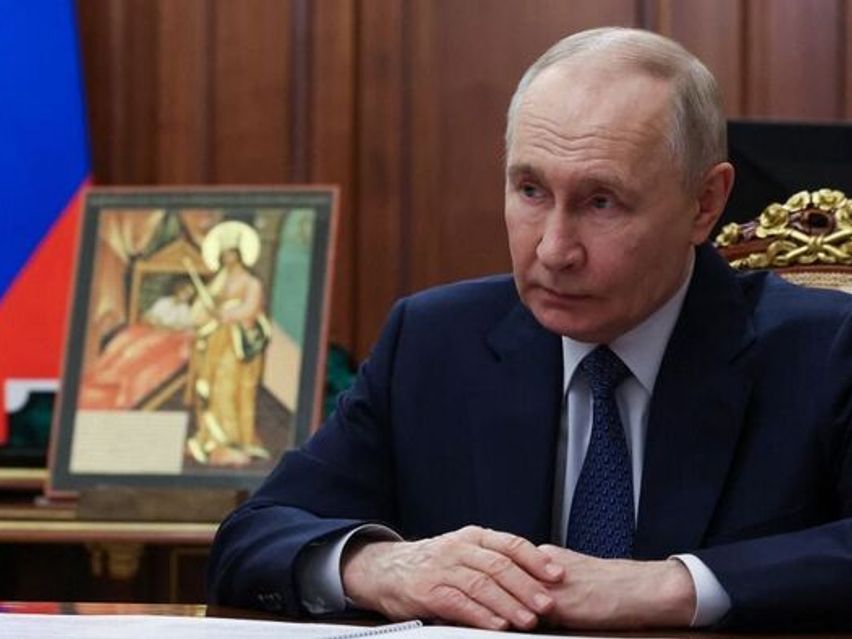
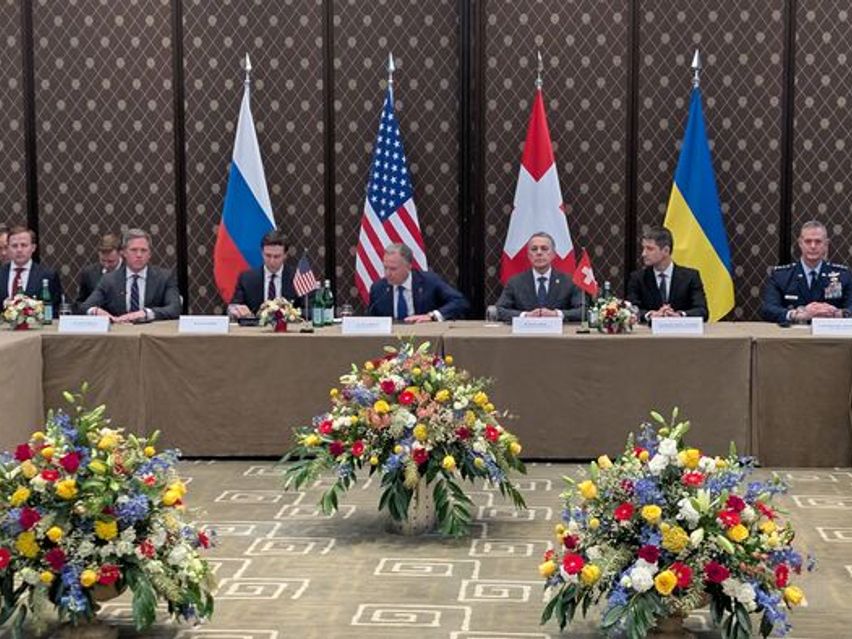
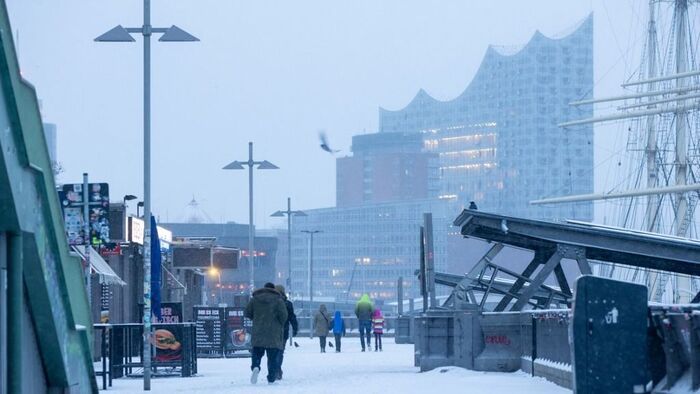

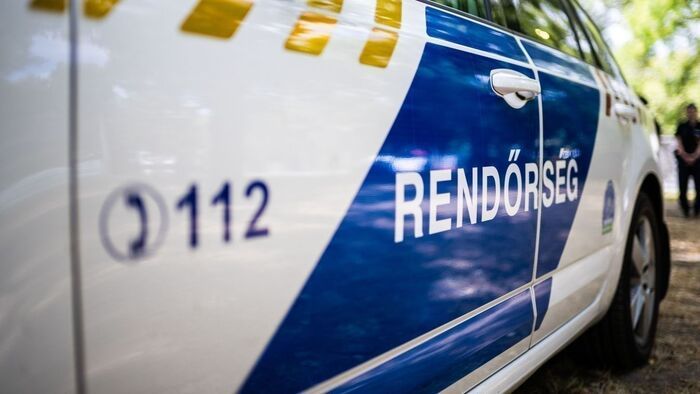
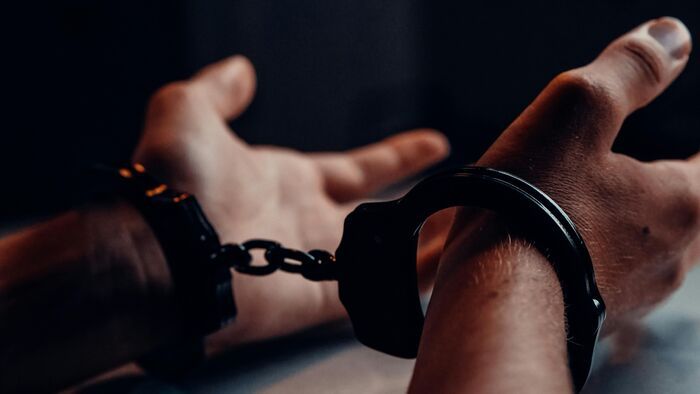
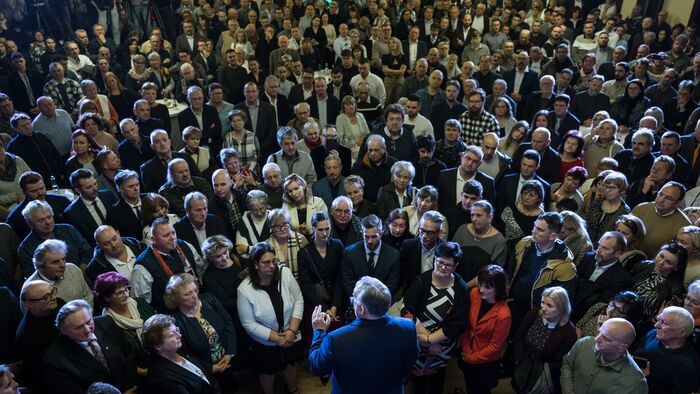

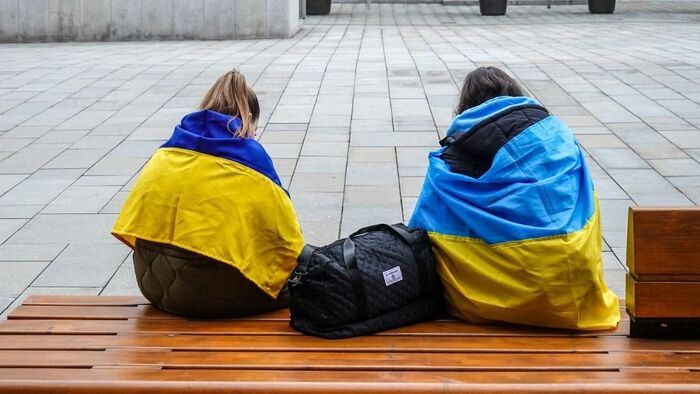
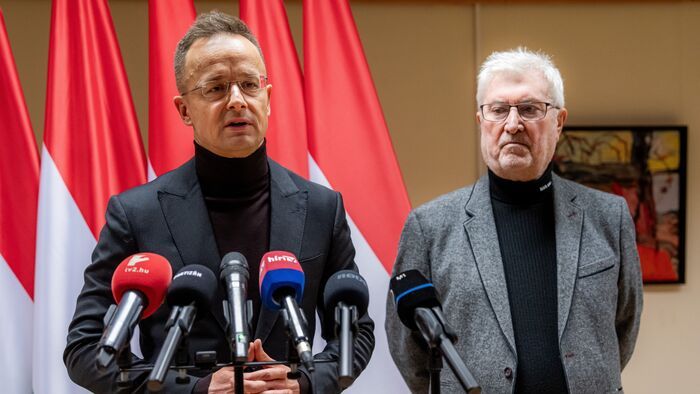
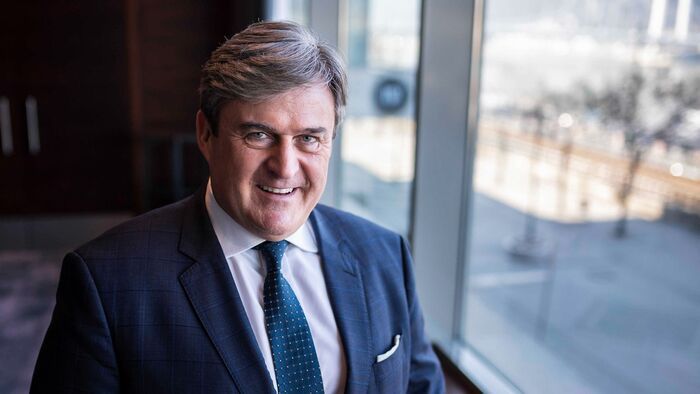

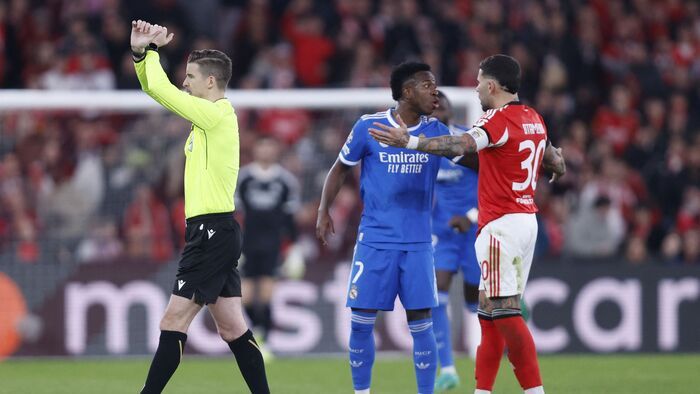
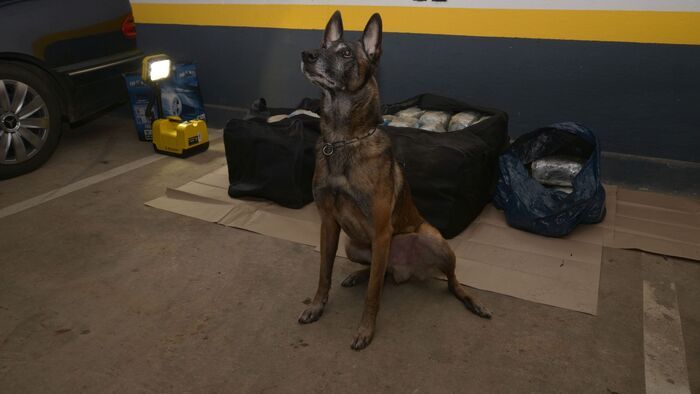
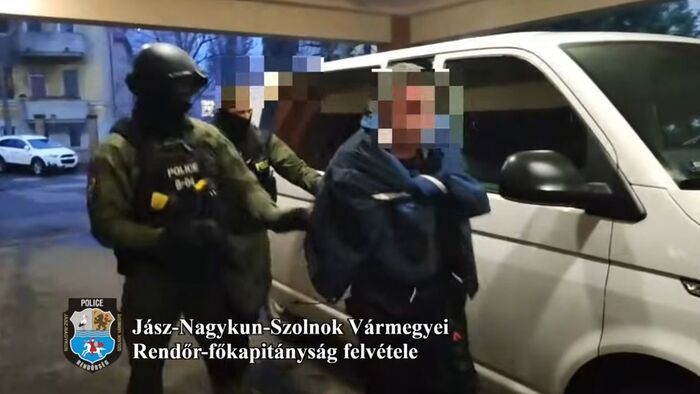

Szóljon hozzá!
Jelenleg csak a hozzászólások egy kis részét látja. Hozzászóláshoz és a további kommentek megtekintéséhez lépjen be, vagy regisztráljon!